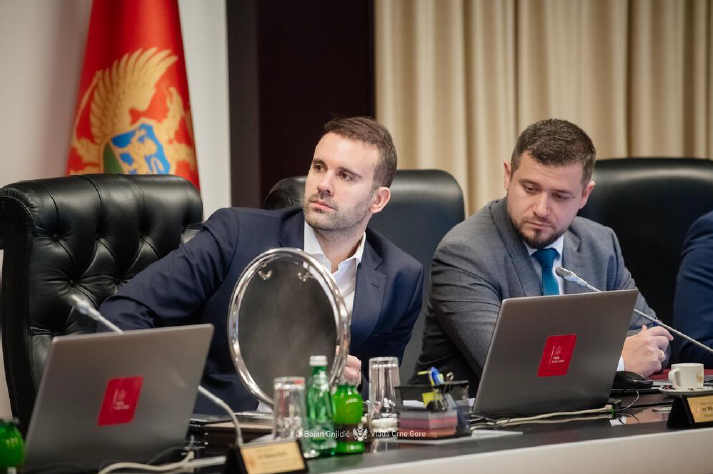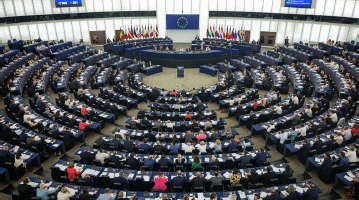So, there were some controversial parts in a proposed update to Montenegro’s Capital Market Law that would have banned media from reporting on government borrowing plans basically, you couldn’t talk about state-issued bonds from the time they were being prepared until the Finance Ministry officially announced them.
Now, the Ministry of Finance which suggested these changes in the first place has decided to remove those parts. This came after the European Commission asked for clarification and raised concerns. So, yeah, Europe wasn’t cool with it either.
Today, these changes are up for discussion in Parliament’s Legislative and Economy Committees. Meanwhile, MP Maja Vučelić from the CiviS party submitted amendments yesterday to delete those same articles, and the Finance Ministry will now have to give their opinion on that.
She specifically proposed removing Article 45, which tried to block the release of info on government securities before the official announcement. Her reason? Montenegro is in the middle of closing Chapter 9 in the EU talks, which deals with financial rules. Since EU law (Regulation 596/2014) already covers how sensitive info is handled in markets, Vučelić says there’s no need to rush this kind of restriction.
She also proposed removing Article 128, which would have punished people or companies for sharing such info, with fines. Since the earlier restrictions might be removed, this one has to go too otherwise, it wouldn’t make sense.
Back on May 28, Vijesti reported that the government had added those articles without public discussion, which caused the whole controversy. So now, it looks like that part of the law is getting scrapped.
As someone who follows regional politics and the EU integration process, this situation really highlights how important transparency is especially when it comes to public debt.
Trying to hide information about government borrowing can easily backfire, making people more suspicious and damaging trust. It’s good to see that pushback from both local voices and the EU led to a rethink. Open discussions, even about sensitive financial plans, are better than silence especially in a democracy that’s aiming to join the EU. Montenegro still has a lot to learn about balancing market stability with the public’s right to know.
Written by our correspondent A.A.



